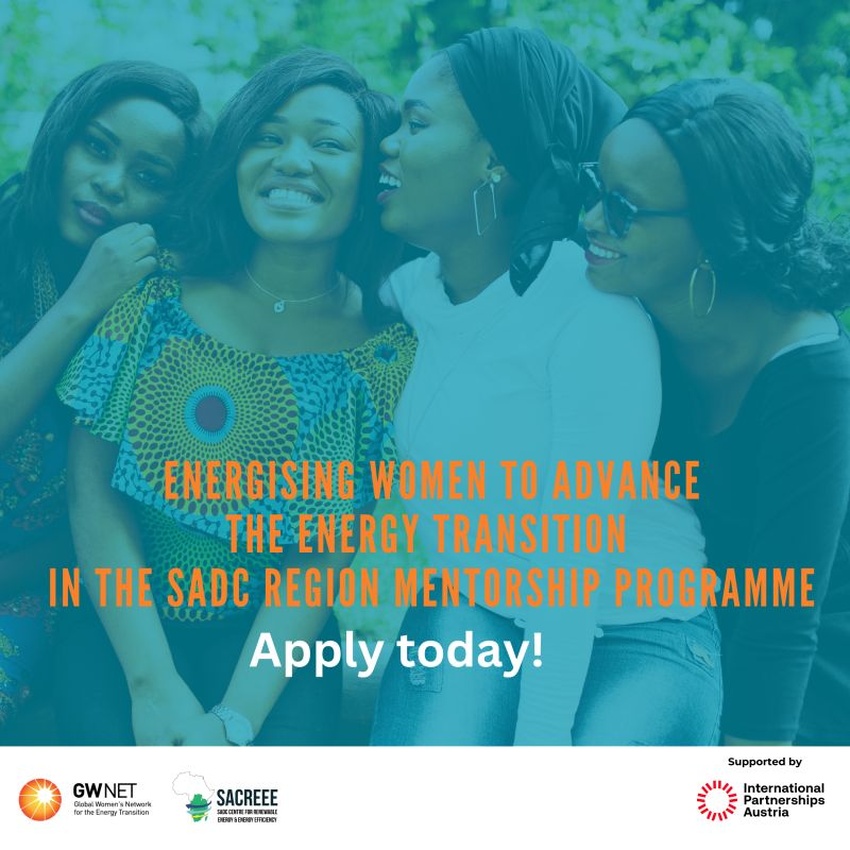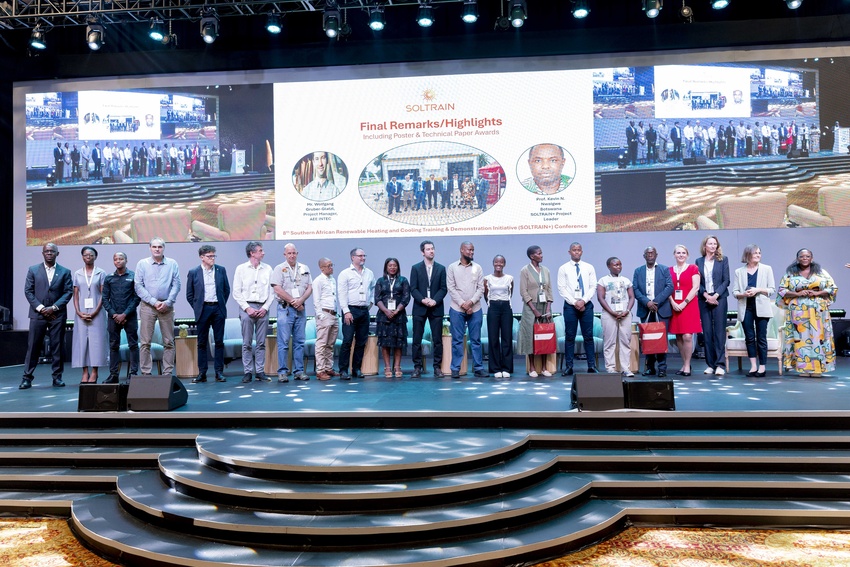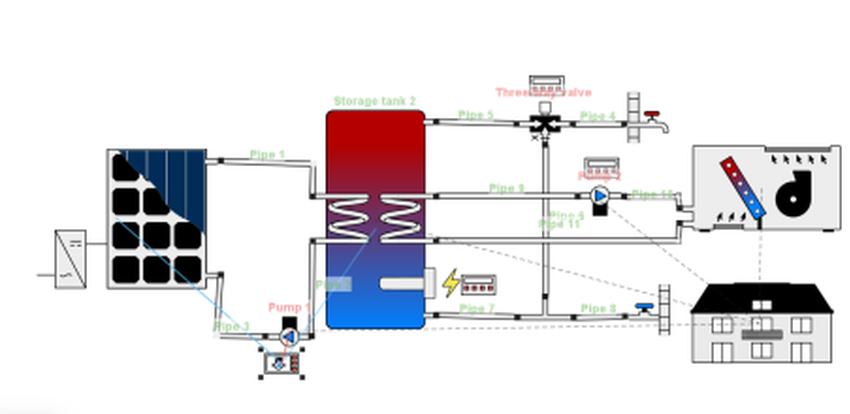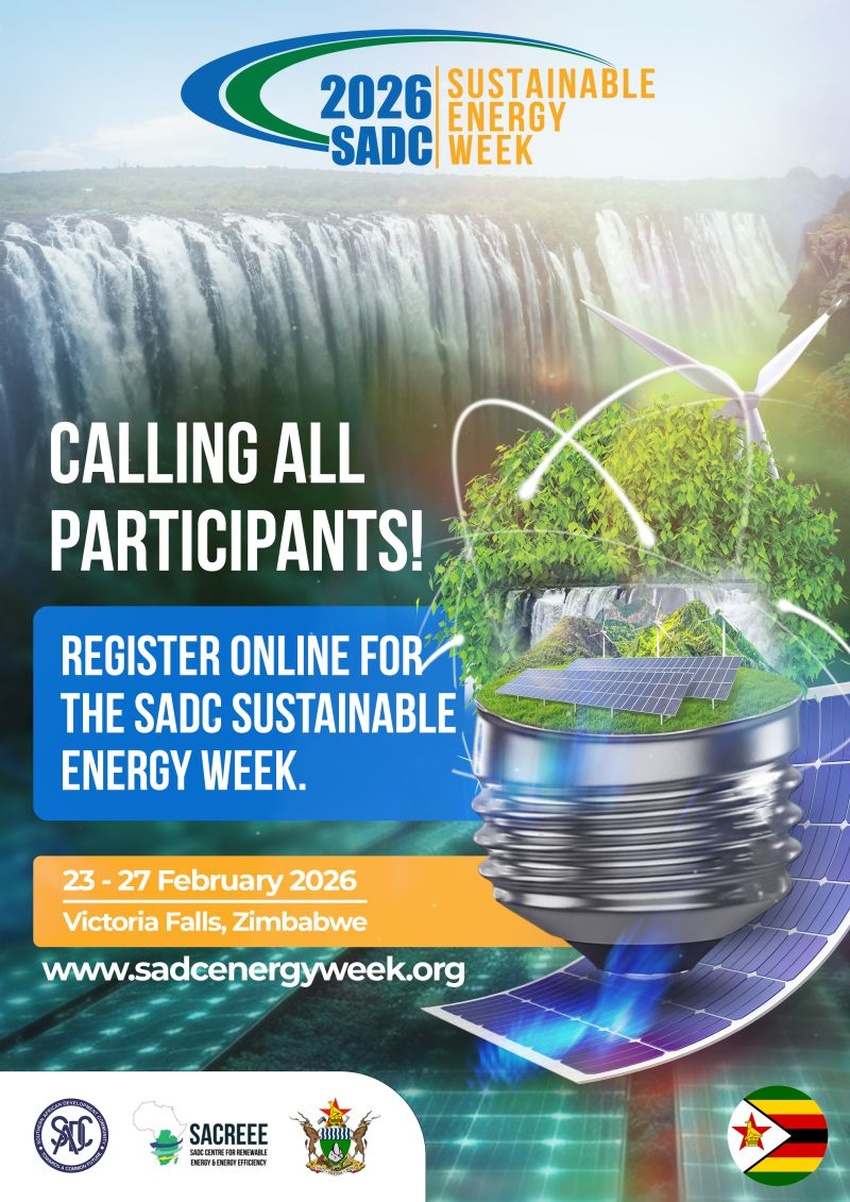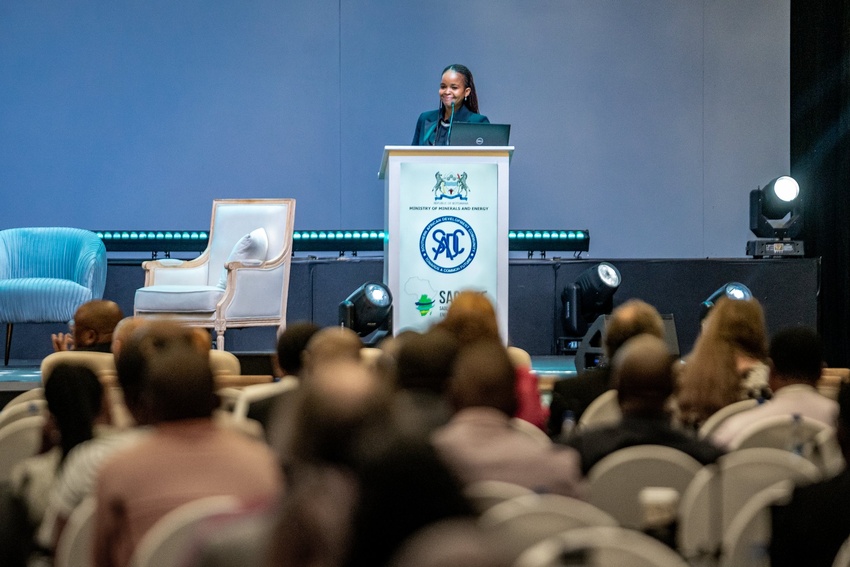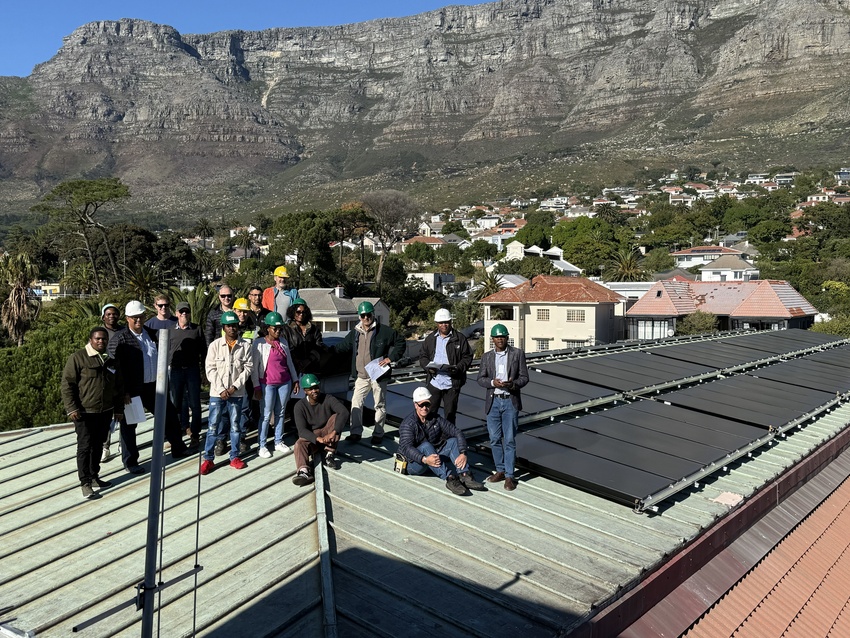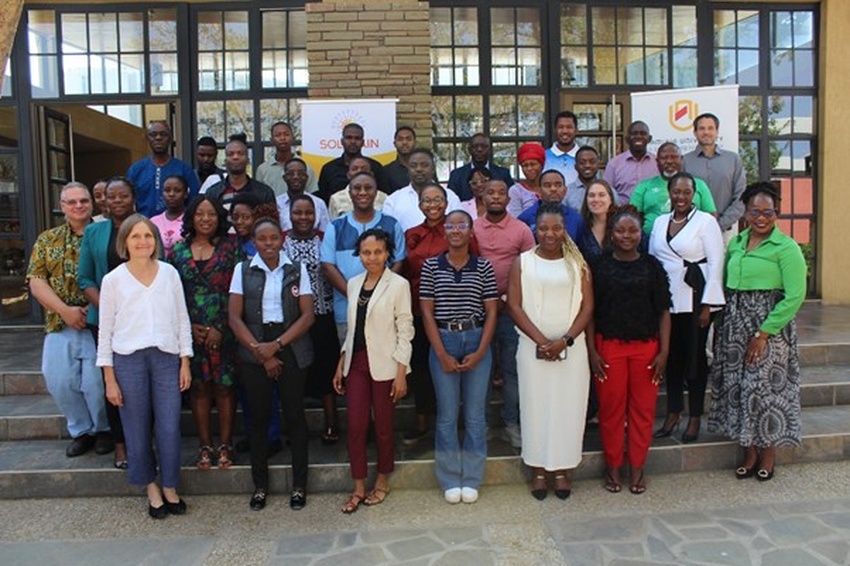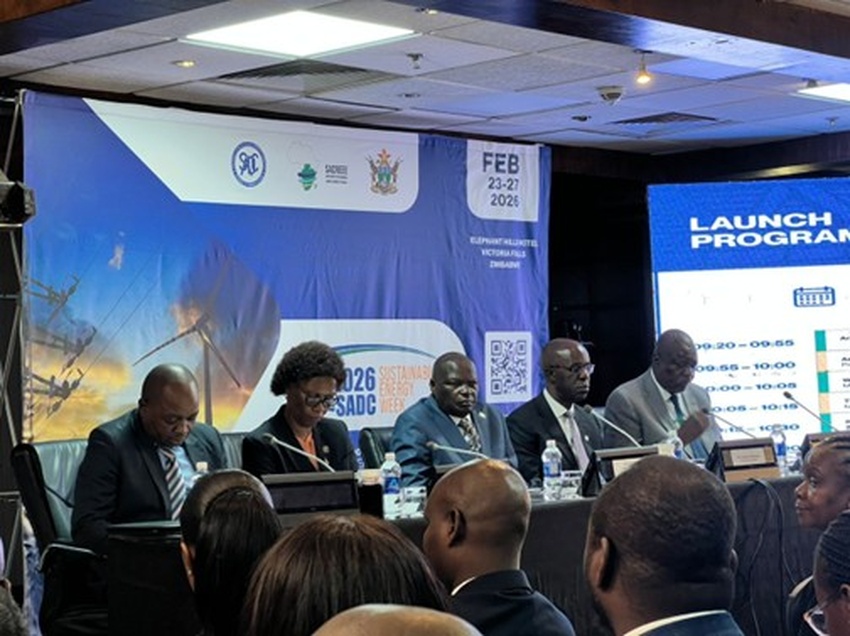Monitoring of domestic solar water heating systems in Namibia
Submitted by Fenni Shidhika and Helvi IlekaPublished 7 years, 1 month ago
A Namibian cabinet directive of 2007 on Solar Water Heaters (SWH) requires SWH to be installed in all government financed and subsidised buildings such as those of the National Housing Enterprise (NHE). The NHE authorised the Southern African Solar Thermal Training and Demonstration Initiative (SOLTRAIN) II project to contract Trinity Business Solutions to install 62 SWHs in newly constructed houses under the NHE in Namibia starting from December 2015 until March 2016, and the Namibia Energy Institute (NEI) through the SOLTRAIN project, Ministry of Mines and Energy and NHE, financed the installation of 62 SWHs at low-cost houses in Otjomuise, Windhoek.
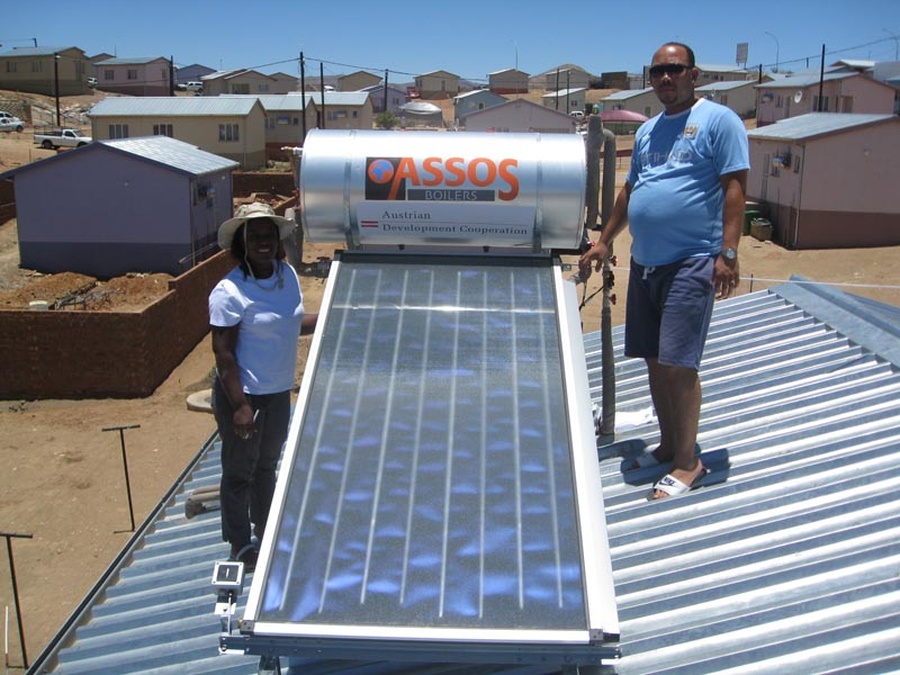
NEI, together with the AEE-Institute for Sustainable Technologies, installed monitoring equipment at four of the houses with domestic solar water heaters (DSWH) with electrical back up elements, and two monitoring systems on houses with normal domestic electric water heating (DEWH) systems.
The measuring, monitoring and data acquisition equipment functioned to collect and store data about system performance in order to verify and demonstrate the efficiency and cost savings of SWH compared to conventional electric geysers. Parameters analysed included the proportion of thermal energy generated by solar (the solar fraction), the energy from the electrical back-up element, the energy required to heat the water, the total mains electricity consumption, the volume of hot water per person per day and thermal heat losses.
A long-term comparison of benefits and disadvantages between DSWH and DEWH systems is useful in informing policy makers and to guide the NHE in the implementation of the cabinet directive.
From the graph below, a number of observations warrant attention:
- The electricity consumed in the two houses with DEWH is much higher compared to the houses with DSWH.
- The average solar yield per month is between 58 - 63 kWh/m2.
- House 2’s SWH system is under-designed, resulting in the need for an additional 86 kWh to heat up the water with an electrical backup element, representing 37 % of total energy consumption.
- The hot water demand is between 26 - 40 litres per person per day.
- The heat losses in DSWH are much higher when compared with those in the DEWH systems. This is due to the water in the storage tanks reaching higher temperatures during sunlight hours when compared with DEWH, resulting in a higher temperature difference compared to the ambient temperature of the tank’s surrounds. These losses could easily be reduced in future systems by better insulation of the tanks.
It was also observed that for some months, house 1 and 4 used 100 % solar to heat their water and the back-up element was only switched on in winter when solar energy was limited. Furthermore, the demand for hot water varies with seasons, and the behaviour of the occupants affects the operation of the SWH with the yearly solar fraction ranging between 60 - 96%, while the yearly solar yield ranges from 700 - 760 kWh/m2.
House 3 and House 5 were selected to do a detailed comparison of the two systems due to the fact that these houses both had 5 occupants. The results indicated that a house with a DSWH can save between 50 - 96% of the energy required for heating water on an annual basis, while a house with DEWH uses 37% of their total electricity consumption for heating water.
The savings realised by houses with DSWH equate to between N$1 500 and N$3 000 per year. This results in a payback period of 7 years assuming an initial investment of N$25 000, an inflation rate of 6% and an annual maintenance cost of 1% of the initial investment.
This could be reduced to 5 years with a subsidy from MME. Assuming that good quality DSWHs have a service lifetime of 15 to 20 years, the results look promising in demonstrating the long term techno-economic benefits of DSWHs when compared with DEWHs.
